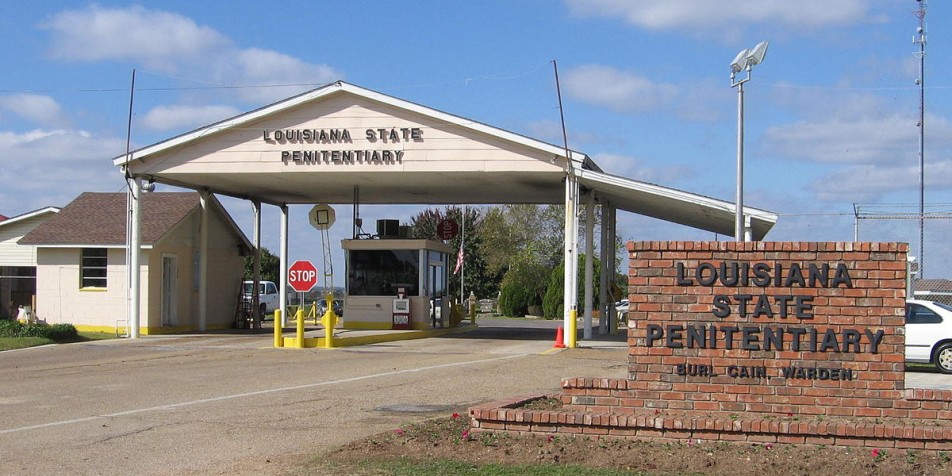Advocates Across the Country Demand Removal of Children From Nation’s Largest Adult Maximum Security Prison

On December 1, 2023, Juvenile Law Center, Center for Children’s Law and Policy, and 50 national, regional, and Louisiana based youth advocacy organizations and academics submitted an amicus brief in support of the emergency removal of children – nearly all of whom are Black youth – from Angola, a former death row prison in Louisiana. Built on and named for a former slave plantation, Angola has become notorious for a long history replete with human rights abuses, unconstitutional conditions, and punitive methods.
As states across the country have implemented reforms to decarcerate the juvenile justice system, Louisiana has continued to increase its incarceration of young people – and disproportionately Black children – even while arrests and crime rates have declined. As a report by Human Rights for Kids affirms, this commitment to incarceration is rooted in “racist ideologies that can be traced back to the dehumanization of enslaved people in America” and does nothing to support children or make communities safer. These failed policies have also contributed to overcrowded juvenile facilities and the alleged “need” for additional placement options, prompting Louisiana Governor John Bel Edwards to announce that dozens of incarcerated youth would be transferred to Angola. The State of Louisiana Office of Juvenile Justice (OJJ), promised the transfer would be temporary and that they would protect the constitutional rights of young people at Angola. But every promise made was quickly broken.
For nearly a year, youth at Angola were victimized, traumatized, and seriously and irreparably harmed. In addition to being subjected to the routine use of pepper spray and solitary confinement, youth were denied an education, rehabilitative programming, medical care, and an ability to visit with family members. In September 2023, a federal judge finally ordered removal of youth from the horrendous conditions at the prison. OJJ appealed the decision, fighting for the ability to continue to hold children in unconstitutional conditions.
As the amicus brief of more than 50 organizations and academics working in child advocacy makes clear: children do not belong in adult jails or prisons. Youth are not just “miniature adults” but are uniquely susceptible to the harms of adult facilities, including an increased risk of suicide, premature death, extreme violence, abuse, and long lasting developmental and psychological harm. We must treat children like children.